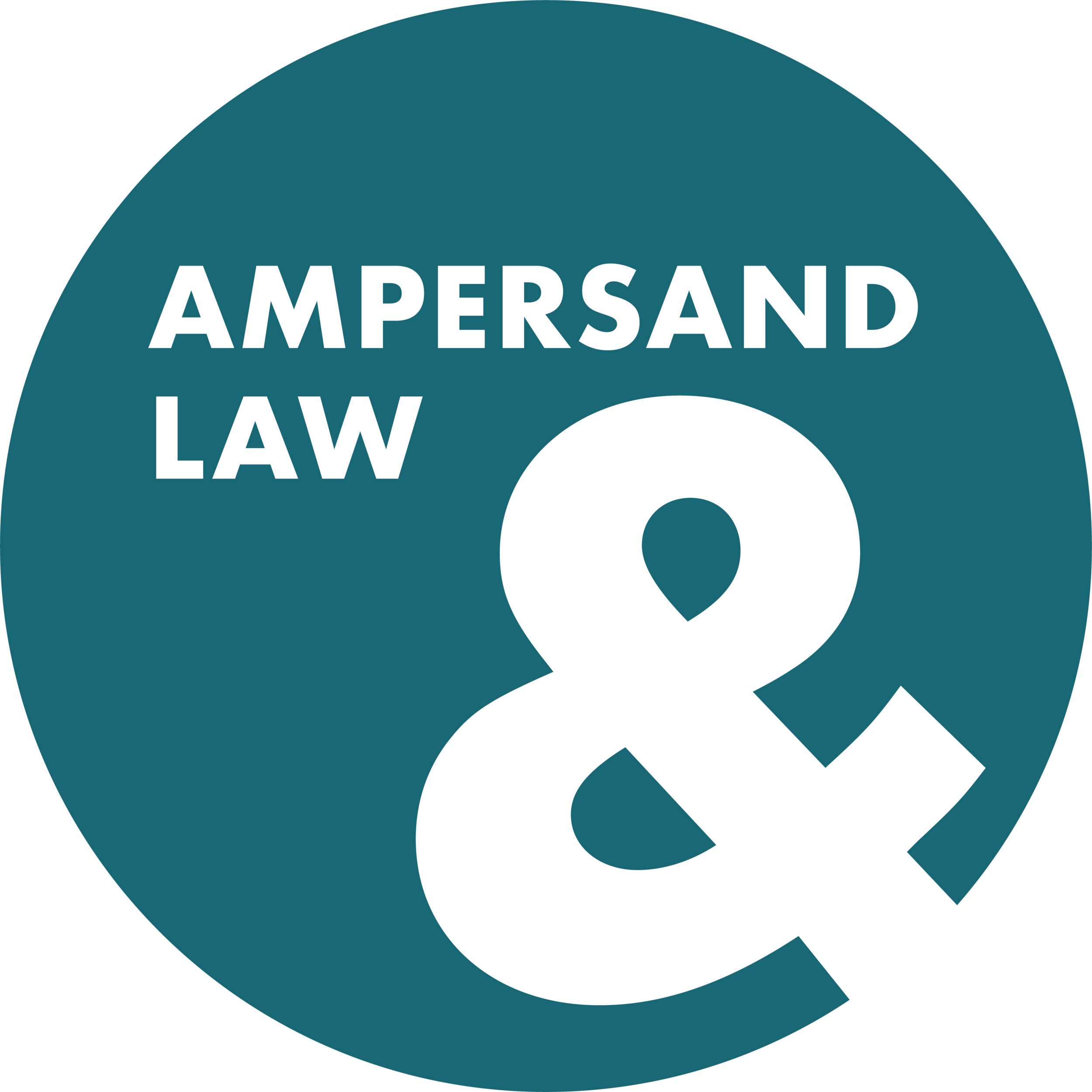January 2021: Cost-Free Things You Can Do Right Now
Set the emergency contacts & medical info on your mobile phone.
Don’t know how? Google “emergency contacts iPhone” or “emergency contacts Android” or “emergency contacts _insert_your_phone_type/brand_here.”
This will allow first responders to gain emergency access to your phone to get in touch with your emergency contacts and/or have your urgent medical information (and some phones have additional emergency features & settings you may find useful).
Activating these settings is free and could save your life.⠀
Identify all of your non-probate options (part 1).
Non-probate property skips the court/probate/estate process (unless certain exceptions apply). There are multiple kinds of non-probate property (& ways to make property non-probate), but for now - let's focus on three.
(1) YOUR CAR. Make your car into non-probate property with North Carolina DMV form MVR-620, changing the title to "joint tenants with right of survivorship." This means that 2+ people jointly & equally own something, & when one of them dies, the survivor(s) takes ownership of that person's part. This form is free to submit to the DMV & requires no other action as long as both people are already on the vehicle title. North Carolina DMV form MVR-620.
(2) YOUR BANK ACCOUNT(S). Fill out the paperwork with your bank to have your accounts payout to (POD) or transfer to (TOD) someone(s) upon your death. Another option for jointly owned accounts is to designate them as "joint tenants with right of survivorship" (ask your bank for details). These updates should be free of charge. A word of caution: if you make all of your bank accounts non-probate property, there may be difficulty paying your bills after death. Many people leave at least one account "out" for that reason.
(3) YOUR HOME. There are several ways for 2+ people to be title-holders for a home. If you are married & both your names are on the title/deed, "tenancy by the entirety" allows the surviving spouse to take full ownership of the home after a death. Check your title/deed for this designation (it's not always that exact phrase - message me with questions). Or, if you own your home with someone you're not married to - look for the phrase "joint tenants with right of survivorship" on the deed/title. If your title/deed doesn't have either of these & needs it - consult with an expert on updating it (fees may apply).
Identify all of your non-probate options (part 2).
Non-probate property skips the court/probate/estate process (unless certain exceptions apply). A previous post dealt with your car, your bank accounts, and your home.
Now let’s focus on beneficiary designations. Life insurance proceeds and distributions from retirement accounts are also non-probate assets. The beneficiaries you designate will receive these funds without a court process unless certain exceptions apply*. Most policies and accounts allow you to name primary and back-up beneficiaries. Checking and updating your life insurance and retirement account primary & secondary beneficiary designations are two more cost-free things you can do right now.
*Exceptions? Like what? Well, if you name a beneficiary who dies before you or otherwise refuses to receive the asset (it happens!), the distribution will go to your secondary beneficiary. If you don’t have a secondary beneficiary named or the same situation applies, the default is the court process.
Does this really happen? Yes. Sometimes people have small policies/accounts (often attached to jobs they held many years ago) and those beneficiary designations never got updated. Do your homework to make sure you’re not missing any old (but still in existence) accounts!
Have you checked your life insurance policies and/or retirement accounts? Were your beneficiary designations correct? Did you find any surprises?
Create an emergency plan for your family/household. (Or, review & update your existing plan.)
If an emergency (personal or otherwise) or disaster occurs, does your family/household know what to do?
What happens if that emergency or disaster occurs and all of you aren't together?
Creating an emergency plan for your family/household allows everyone to know:
How to respond to different types of emergencies that may happen;
What each person is responsible for;
Who to contact; and
Where to meet (if separated) & more.
And, an emergency plan can help you create an emergency kit of supplies tailored to your family/household's specific needs.
More info at https://www.ready.gov/kids/family-emergency-planning and https://www.redcross.org/get-help/how-to-prepare-for-emergencies/make-a-plan.html
Get your ducks in a row.
Here’s the final tip. And - lucky duck - it’s a two-for-one. Are you ready?
Write that sh!t down. Get your stuff documented. What sh!t? What stuff? All of the information you store in your head that someone else will need to know if something happens to you. Your passwords. Your family & friend contact info. How to get into your computer & phone. Your accounts & assets. And more. If you're anything like me, your built-in storage system (aka your brain) has a faulty retrieval system for things like passwords, account numbers, contact info, etc.
There are many ways to accomplish this (including books and guides you can buy and services you can pay for). Here are two FREE options for you.
(1) Start using a password manager application. Search the internet to find some options, and most have a free version. Using a password manager was honestly life-changing for me (no more clicking "forgot password"), AND I now have a way for my trusted person/people to access my passwords if/when I need that.
(2) Download this fillable document - "The Ultimate Adulting Organizer" (UAO for short) here. Last year, I collaborated with three other Triangle-area estate planning attorneys in creating this handy tool. Even if you don't have all of your estate plan documents in place, you still have lots of info to record/share. Check it out (why not? it's free)!





